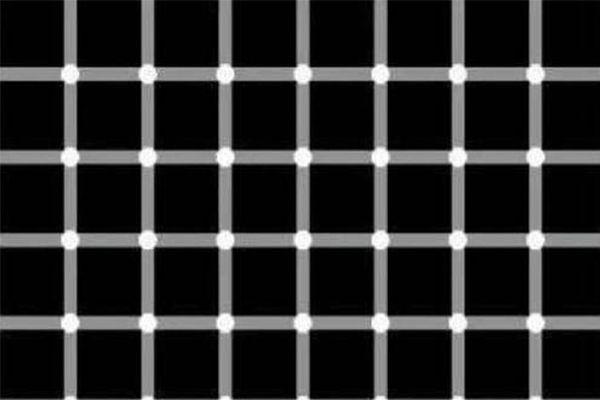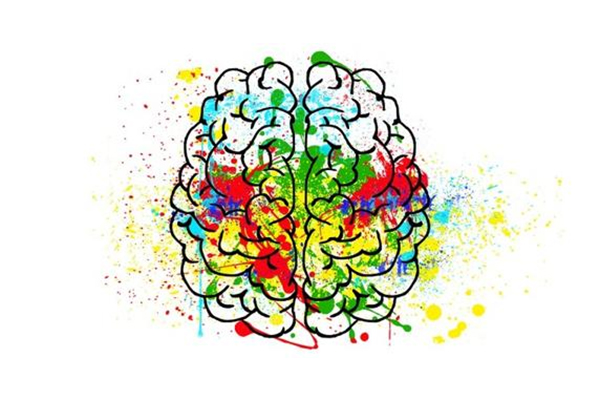
面对即将到来的Alevel心理学考试,这里想给大家分享一些Alevel心理学必考概念,希望大家在考前多背背这些常考的定义,争取在大考中拿下高分。

experiment: an investigation looking for a causal relationship in which an independent variable is manipulated and is expected to be responsible for changes in the dependent variable.
independent variable: the factor under investigation in an experiment which is manipulated to create two or more conditions (levels) and is expected to be responsible for changes in the dependent variable.
dependent variable: the factor in an experiment which is measured and is expected to change under the influence of the independent variable.
experimental condition: one or more of the situations in an experiment which represent different levels of the lV and are compared (or compared to a control condition).
control condition: a level of the IV in an experiment from which the V is absent It is compared to one or more experimental conditions.
random allocation: a way to reduce the effect of confounding variables such as individual differences Participants are put in each level of the V such that each person has an equal chance of being in any condition.
laboratory experiment: a research method in which there is an Va D and stnct controls,it looks for a causal relationship and is conducted in a setting that is not in the usualenvironment for the participants with regard to the behaviour they are performing.
field experiment: an investigation looking for a causal relationship in which an independent variable is manipulated and is expected to be responsible for changes in thedependent variable.it is conducted in the normal environment for the participants for the behaviour being investigated.

natural experiment: an investigation looking for a causal relationship in which the independent variable cannot be directly manipulated by the experimenter. Instead they study the effect of an existing difference or change. Since the researcher cannot manipulate the levels of the IV it is not a true experiment.
quasi-experiment: quasi means 'almost, and refers to the fact that these experiments often have lots of control over the procedure, but not over how participants are allocated to conditions within the study.
population:the group, sharing one or more characteristics, from which a sample is drawn.
sample: the group of people selected to represent the population in a study.
sampling technique:the method used to obtain the participants for a study from the population.
opportunity sample: participants are chosen because they are available,eg university students are selected because they are present at the university where the research is taking place. volunteer(self-selected) sample: participants are invited to participate,e.g through advertisements via email or notices. Those who reply become the sample.
random sample: all members of the population (.e. possible participants) are allocated numbers and a fixed amount of these are selected in a unbiased way, e.g by taking numbers from a hat.
experimental design: the way in which participants are allocated to levels of the V.
independent measures design: an experimental design in which a different group ol participants is used for each level of the iV (condition).
matched pairs design:an experimental design in which participants are arranged into pairs. Each pair is similar in ways that are important to the study and one member of each pair performs in a different level of the IV.
repeated measures design:an experimental design in which each participant performs in every level of the IV.
ALevel心理学介绍了这一国际课程的六大核心领域:社会心理学、 认知心理学、发展心理学、精神病理学、生物心理学、研究方法。涉及到广泛的topics,有很多需要掌握的信息,而且要学会运用。
心理学是一个复杂的国际课程,同一心理现象可能有多种不同的解释,比如智力的本质。学员需要学习如何评估这些冲突的理论,研究怎么支持或挑战这些观点。ALevel心理学的学习,经常需要讨论,以及实际研究。
如果这次考试对你来说压力有点大,点击预约试听【唯寻ALEVEL同步培训班】,唯寻教学天团授课,紧跟学校进度,每周一次查漏补缺,不遗留任何难点障碍,稳步进阶GPA与大考冲刺实力。

点击
爱德思考试局GCSE心理学与Alevel心理学考试哪个难 又该如何学呢
查看。

学习有方法,成长看得见
筑梦牛剑/G5/常春藤
